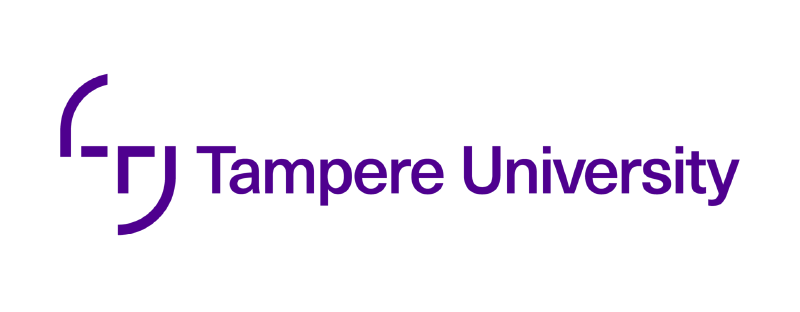
After this course, I have many new methodological aspects to explore in the future!
The one-week summer school course was structured in half-day sessions which were either a lecture, a teamwork exercise focused on problem-solving or group presentations and discussions together in the full plenary. The course implementation was lead by Guna Spurava at Tampere University and joined by renowned experts and respected colleagues Elisabeth Staksrud (CO:RE at University of Oslo), Sirkku Kotilainen, Jussi Okkonen and Iiris Tuvi (CO:RE at Tampere University), as well as Tarja Rautiainen-Keskustalo and Asko Lehmuskallio as representatives of the Master programme “Sustainable Digital Life” newly introduced at Tampere University.

My key takeaways are certainly a deeper understanding of research ethics and nexus analyses.
The online course hosted an international group of 14 participants of master and doctoral students from various disciplinary backgrounds, including communication, media studies, psychology and computer sciences and was able to cater also to participants in Asia and South America. Due to these many different participant time zones, active participation and engagement even after midnight local time showed the tremendous need and motivations to discuss methodological issues as well as the assiduity of the course participants.
The mixture of scientific perspectives was a great benefit in all course teamwork and showed the openness of participants to mutually learn from different disciplinary approaches in the course and beyond. As one participant jotted down in their Learning Diary: “stepping out from own comfort zone”.
We wish to conclude with one participant’s Learning Diary entry:

Good Research Design leads to Good Research Methods which leads to Good Research Ethics
It is, indeed, great to see the main objective of this course fulfilled. All lecturers agreed on the importance of bringing across these profound interrelations with this course and at least, in this case, we know that the objective was reached. Reflecting on the course brought ever more clearly to the fore: There is a great need for more methodological courses in general, and, in particular, courses focused on methodologies on and with children in digital spheres.
As recommendations we suggest that different scientific fields recognise this need for methodological courses as separate from, for example, a thesis seminar. Moreover, there is still need for focusing on especially minors in digital spaces when talking about methodologies. Not only from the perspective of ethics, together with that there is a need for educating researchers on age-sensible research designs and practices.
.png)

